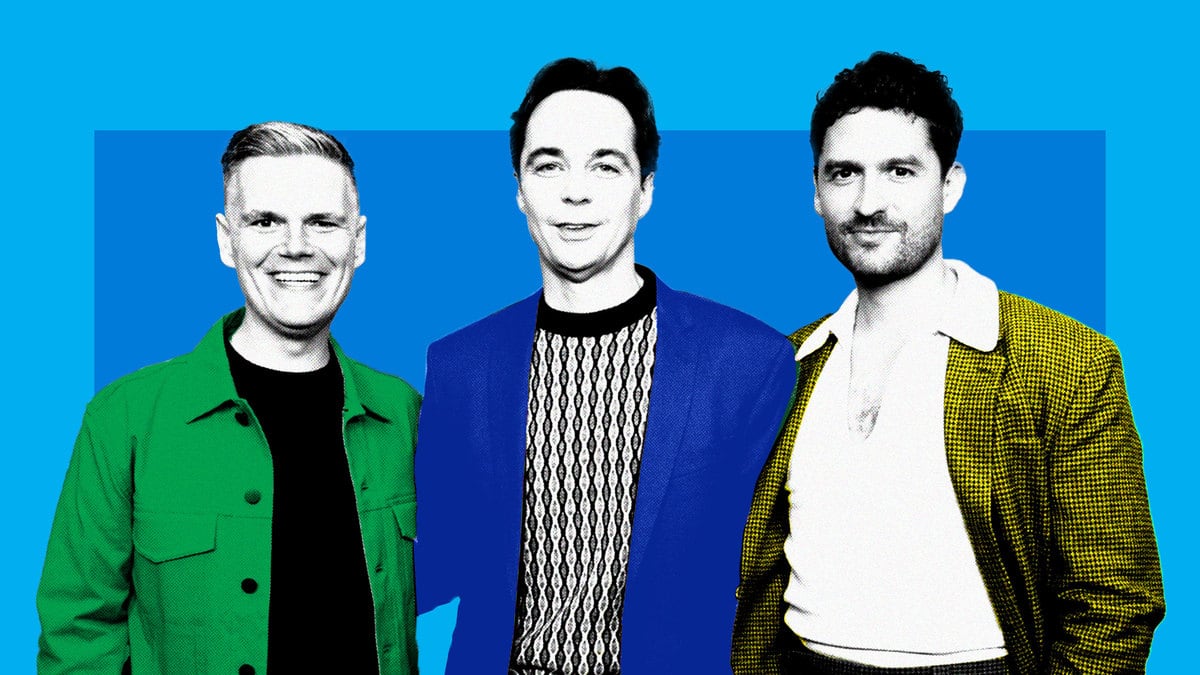‘Spoiler Alert’: The Hero Dies in the Gay Love Story of the Year
KLEENEX ALERT
Jim Parsons and Ben Aldridge star in the adaptation of Michael Ausiello’s book, about how he fell in love with his husband, Kit—and what it was like to care for him as he died.

Trending Now





